Gordon Brown eyes speedy broadband to ease recession
It’s an ambitious and worthy idea. But how much money is he talking about, and who is going to get it?

Sign up today and you will receive a free copy of our Future Focus 2025 report - the leading guidance on AI, cybersecurity and other IT challenges as per 700+ senior executives
You are now subscribed
Your newsletter sign-up was successful
Prime Minister Gordon Brown has revealed ambitious plans to usher in a new digital age in a government infrastructure drive which could create up to 100,000 jobs.
Speaking to the Observer, Brown said that he planned investment in superfast broadband, which could be the modern version of Franklin Roosevelt's "New Deal" in the 1930s, which directed much-needed money towards public works such as dams and roads.
He compared the building of roads, bridges and railways, which were anti-recession measures made to stimulate the economy after the Great Depression, with the situation now where a recession is looming and we're all being hit hard by the credit crunch.
Brown said: "You could [by comparison] talk about the digital infrastructure and that form of communications revolution at a period when we want to stimulate the economy. It's a very important thing."
Rory Cellan-Jones, commenting on his technology blog on the BBC website, said that he acknowledged digital communications could be very important.
However, he was far from clear about how much public money would be spent on the fast broadband service, or who would get it. He quoted a figure of 29 billion from the Broadband Stakeholder Group.
He also said that BT and Virgin Media were the only two companies with the scale to take a fibre network across the UK.
Sign up today and you will receive a free copy of our Future Focus 2025 report - the leading guidance on AI, cybersecurity and other IT challenges as per 700+ senior executives
IT PRO revealed last year that BT was willing to invest 1.5 billion in a national fibre-optic service to around 10 million homes and businesses.
However, he warned that putting public money into superfast broadband could stir up a number of issues, such as the possibility of giving the big companies like BT too much power.
What's more, as everybody would want an equal stake in it as it would be "broadband for all", it could potentially cause a conflict with the wishes of company stakeholders.
He said: "Once the public sector is involved, every household may come to see fast broadband like free healthcare as a right, not a privilege.
"In short, then, finding the public money to pump into fast broadband might be the easy bit. Designing the pumping mechanism will be a lot harder."
A Digital Britain report, which IT PRO has already revealed is likely to suggest that every house in the country should have broadband, will be released later this month.
-
 ITPro Best of Show NAB 2026 awards now open for entries
ITPro Best of Show NAB 2026 awards now open for entriesThe awards are a fantastic opportunity for companies to stand out at one of the industry's most attended shows
-
 Mistral CEO Arthur Mensch thinks 50% of SaaS solutions could be supplanted by AI
Mistral CEO Arthur Mensch thinks 50% of SaaS solutions could be supplanted by AINews Mensch’s comments come amidst rising concerns about the impact of AI on traditional software
-
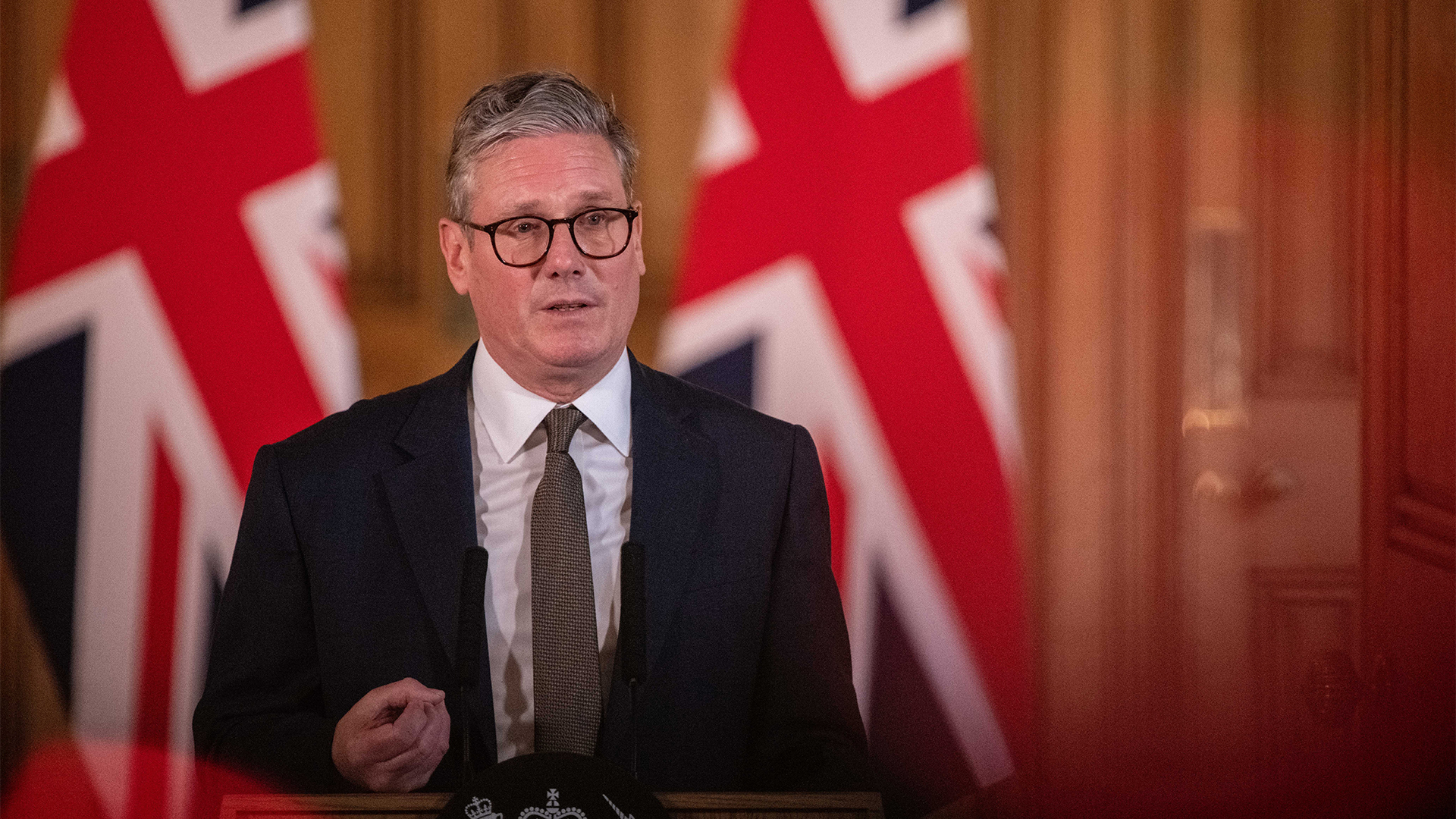 UK regions invited to apply for ‘AI Growth Zone’ status
UK regions invited to apply for ‘AI Growth Zone’ statusNews The UK government has opened up bidding for regions hoping to secure 'AI growth zone' status.
-
 “Botched government procurement” leads to £24 million Atos settlement
“Botched government procurement” leads to £24 million Atos settlementNews Labour has accused the Conservative government of using taxpayers’ money to pay for their own mistakes
-
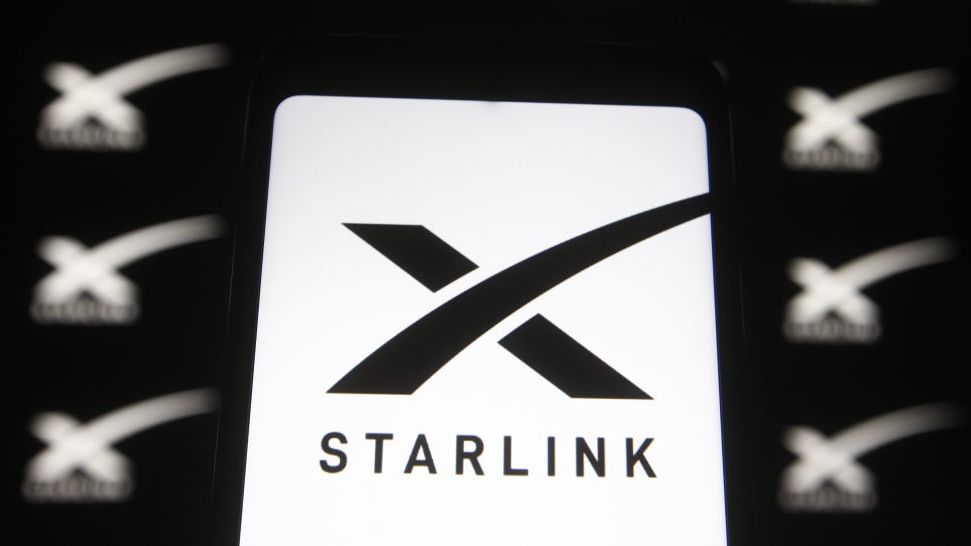 UK government to run Starlink trials in Snowdonia, Lake District
UK government to run Starlink trials in Snowdonia, Lake DistrictNews The government has indicated low-Earth orbit satellites could be key to expanding connectivity to UK businesses
-
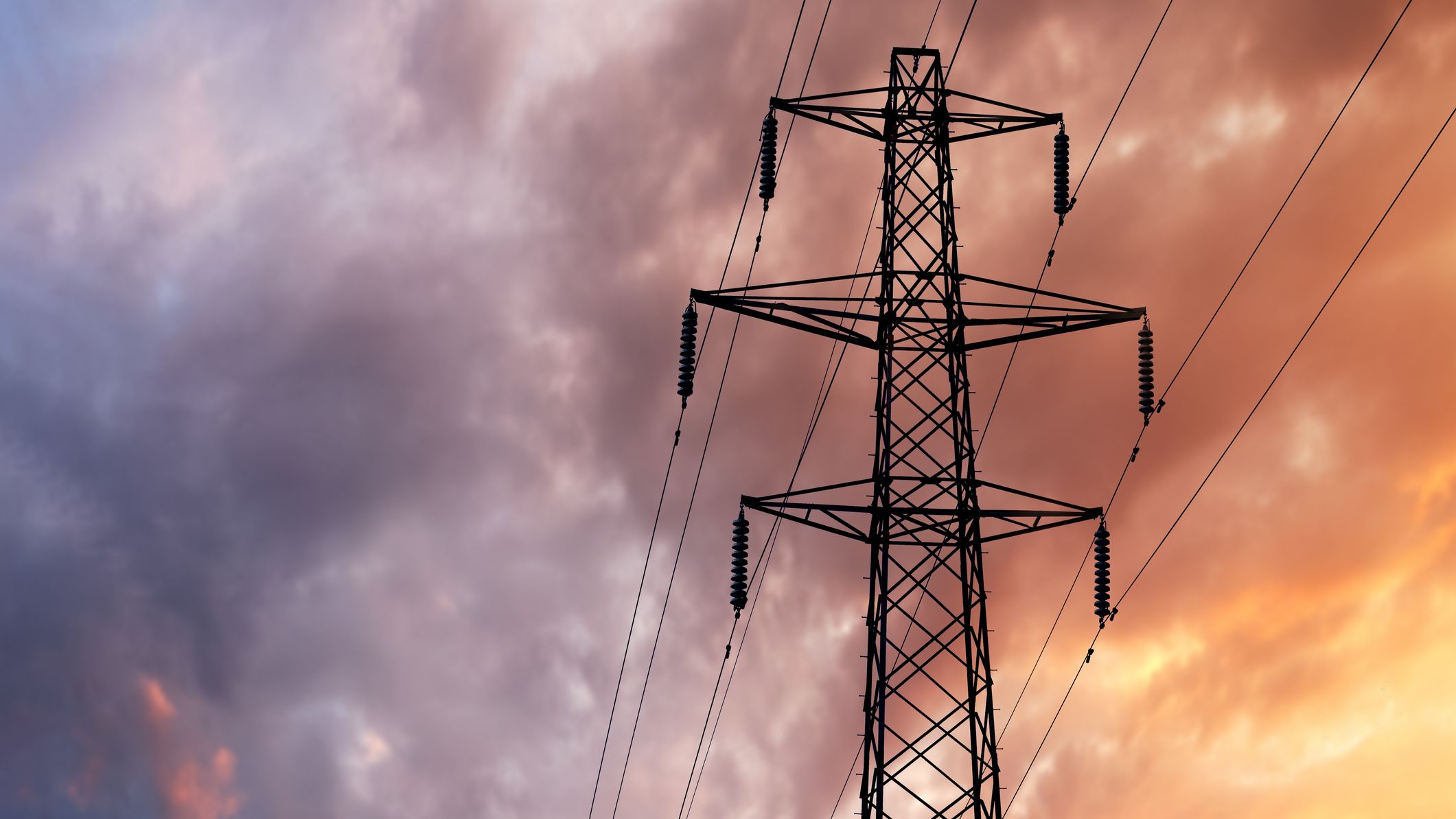 Government holds talks with data centre operators over energy blackout threat
Government holds talks with data centre operators over energy blackout threatNews One data centre operator has been preparing to switch over to diesel power in the event of a national blackout
-
 HPE inks $2 billion high-performance computing deal with the NSA
HPE inks $2 billion high-performance computing deal with the NSANews HPE will provide scalable on-premises computing to the NSA using Greenlake
-
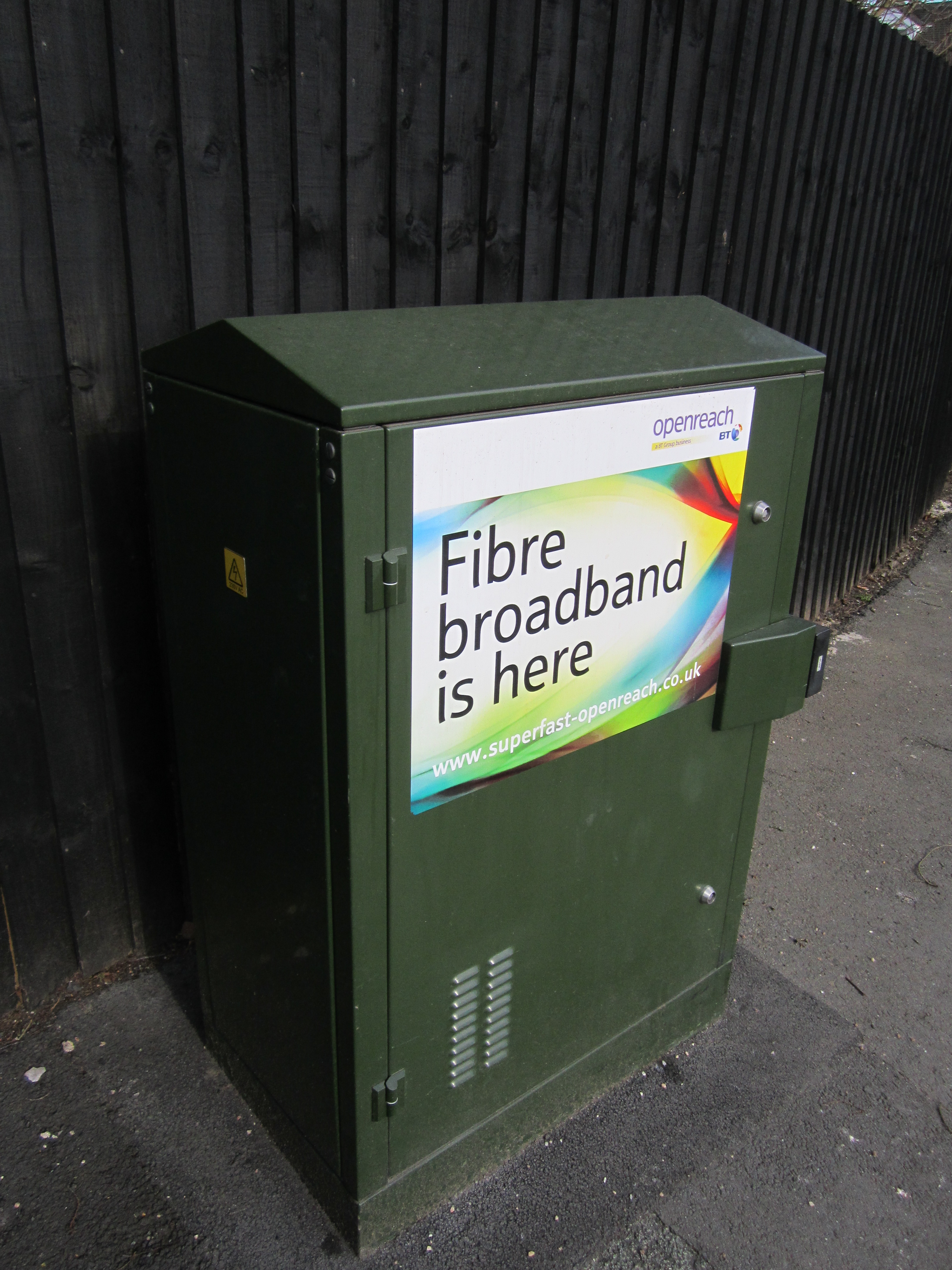 Broadband not meeting UK consumer expectations
Broadband not meeting UK consumer expectationsNews Survey finds many unhappy with broadband in the UK
-
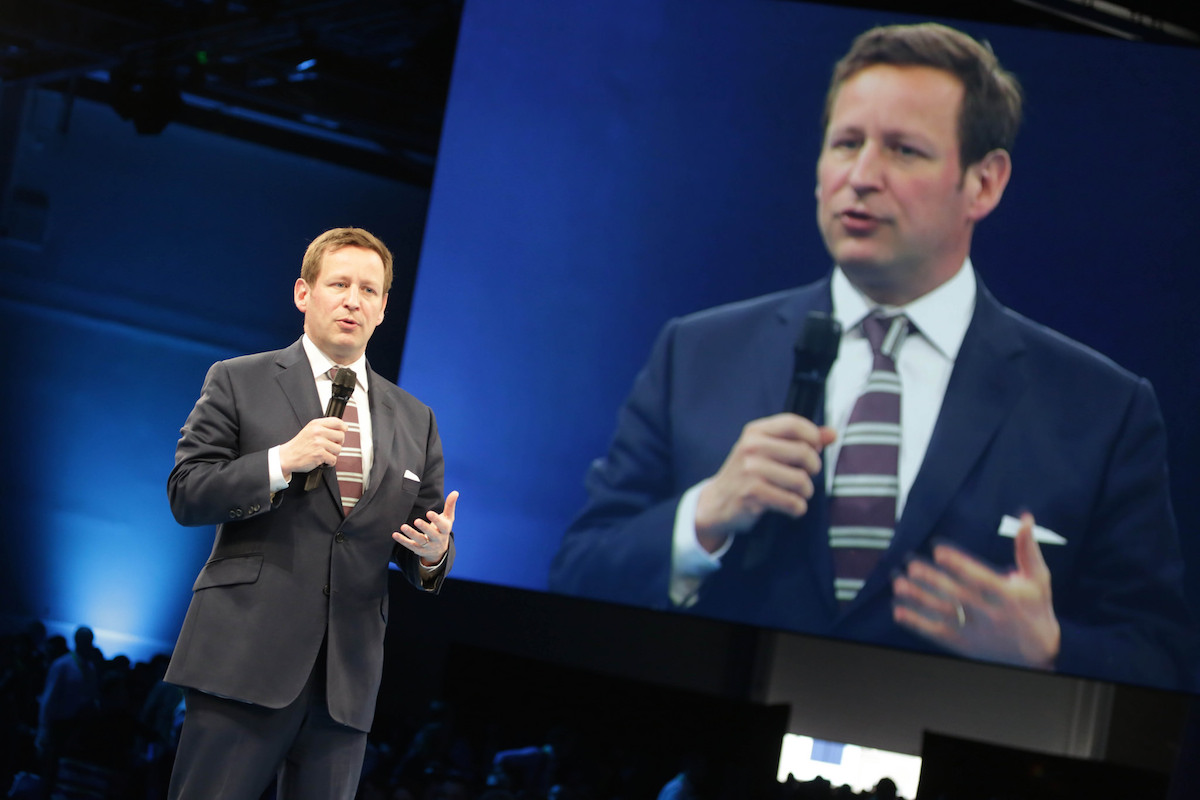 Are we really better off as part of the EU?
Are we really better off as part of the EU?News Ed Vaizey certainly thinks you are if you’re a start up or innovator…
-
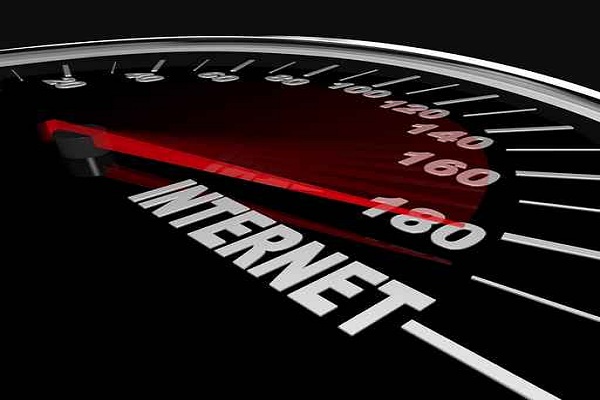 Government says everyone now has 2Mbps internet access
Government says everyone now has 2Mbps internet accessNews Department for Culture, Media and Sport has introduced satellite grants for those in low-speed areas